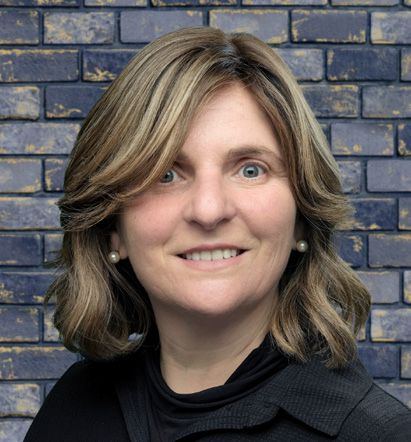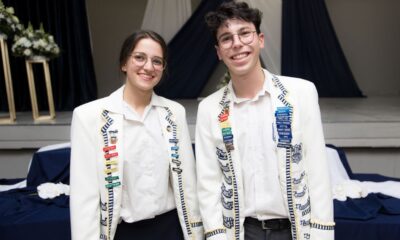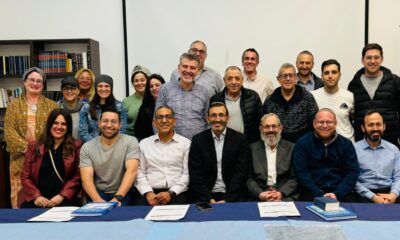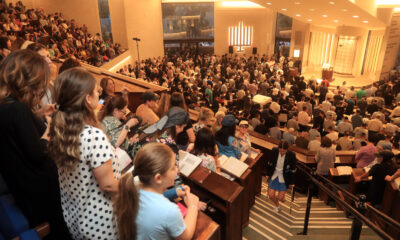
OpEds

Speaking to the four sons – an eternal lesson
Jewish law maintains that anyone who reads the Megillah backwards on Purim doesn’t fulfil his or her obligation. A deeper dimension of this halacha is that anyone who sees the lessons of the Megillah as “behind us”, in the past, falls short of his or her obligation. This is true, not only of the Purim story but of all of Judaism’s teachings. They aren’t antiquated tales and doctrines of yesteryear, but are contemporary lessons that should inform and guide our everyday lives. This sentiment is underscored on Pesach, when every generation is specifically charged to see itself as being liberated from Egypt.
The relevance of freedom from bondage is as significant now as it was 3 000 years ago. Many laws and customs of the seder attest to our emancipation. Drinking four cups of wine is central to the seder experience. All form part and parcel of the same mitzvah, to express different aspects of freedom. And yet, each cup stands alone.
The first cup sanctifies the day and our people; the second is drunk at the conclusion of the magid; the retelling of the Passover story; the third is blessed with grace after meals; and the fourth celebrates our status as Hashem’s nation.
At the seder, we welcome four sons, each individual and unique, and we’re called upon to interact with each in a dialect that will be accepted and internalised on their terms. Perhaps this is one of the endearing and relevant facets of being liberated: to embrace all of our children, not as we are or as we want them to be, but in a manner that appreciates each one of them as they are. Like the wine, each child forms an intrinsic part of the family, but each stands alone in how he or she is to be included, treated, and ultimately celebrated.
For the lessons of the past to touch our present and shape our future, we cannot present a one-size-fits-all way of educating our children. To pass on the torch of our precious traditions effectively requires effort, patience, and consideration. We need to embrace and accept every child, and sit joyfully united around the table. That’s timeless Torah. When we find that capacity within ourselves, it will usher in a time of boundless liberation, and we’ll indeed celebrate next year in Jerusalem.
- Shelley Feinblum is the head of department for limudei kodesh at Yeshiva College Primary School.










